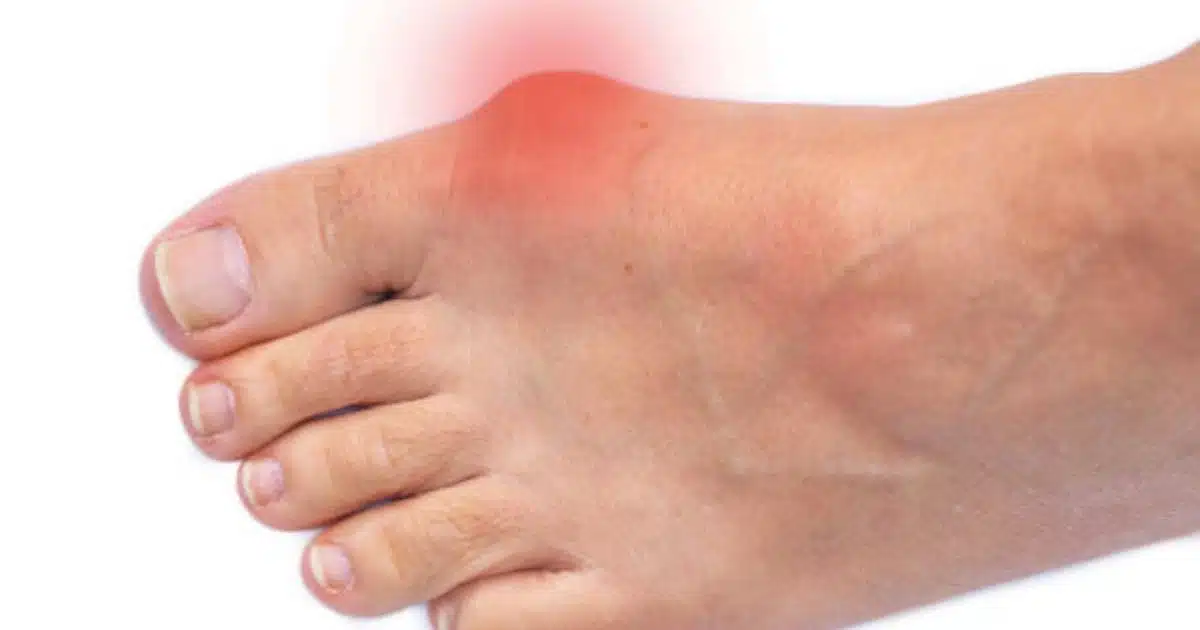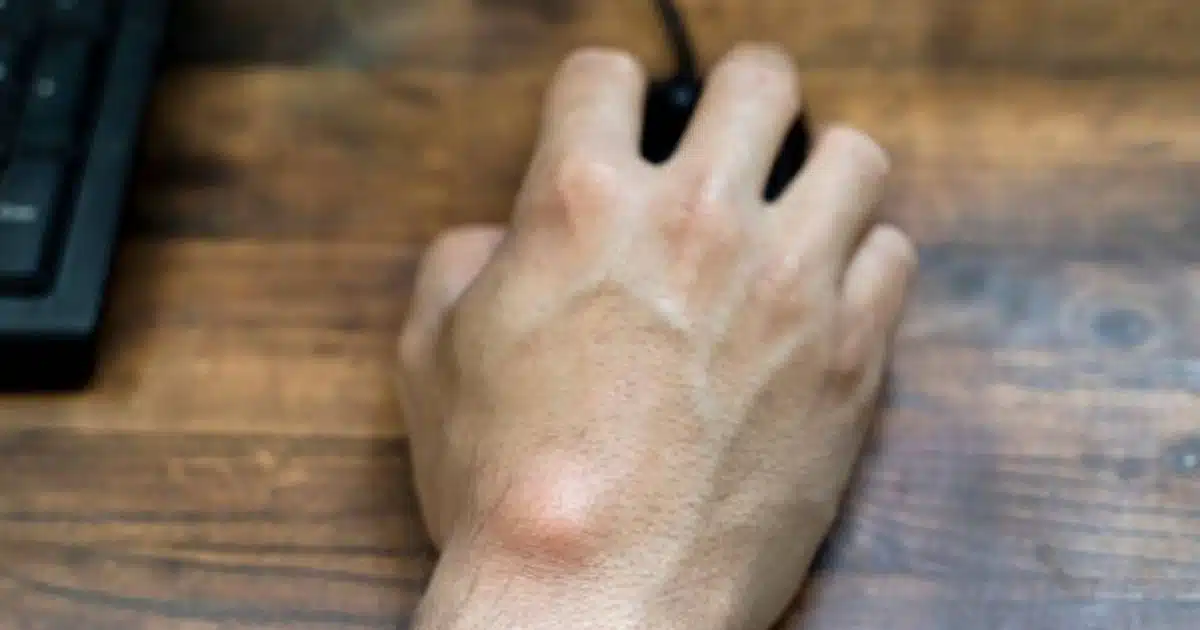
Noticed a small lump under the skin on your wrist or foot? Feeling a bit anxious?
Don’t panic just yet. Before assuming the worst, let’s take a closer look at what this small, often harmless bump — known as a cyst — might be, and how you can respond calmly and wisely.
What is a cyst?

While the word “cyst” might sound alarming, it’s usually nothing serious. A cyst is just a small sac filled with fluid or a thicker substance. It can develop in different parts of the body and vary in size — but most of the time, it’s painless and not a cause for concern.
Is a cyst something to worry about?

That’s a common question as soon as we notice any skin change. The good news is that most cysts are completely benign. They might look strange or feel uncomfortable, especially in spots where there’s constant friction or pressure, but they’re rarely dangerous.
What should you do?

If you spot a small lump under your skin — even if it’s painless — your best move is to see a doctor or dermatologist. Only a healthcare professional can confirm what it is and whether it needs any treatment. In most cases, they’ll reassure you that it’s harmless.
Types of common cysts
Skin cysts:

These include epidermoid or sebaceous cysts — small, usually painless, and often don’t need treatment.
Synovial cysts:

Found around joints like the wrist, foot, knee, or hip, these can be caused by repeated movement or trauma. While they can go away on their own, minor surgery might be needed if they’re painful or bothersome.
Signs to watch out for

Cysts usually don’t show any symptoms and are easy to overlook. But if a cyst becomes red, swollen, painful, or if you have a mild fever, it might be infected or inflamed — and that means it’s time to see a doctor quickly.
Can you prevent cysts?
Though not all cysts can be prevented, a few lifestyle habits might help. Eating a balanced diet, avoiding too much sun, and maintaining a simple, natural skincare routine can go a long way in keeping your skin healthy.
Final thoughts: Stay aware, not alarmed
Finding a cyst can be worrying, but it’s rarely something serious. The key is to stay alert to changes in your body and get professional advice when something doesn’t feel right. That way, you’ll get peace of mind — and the right care if needed.




